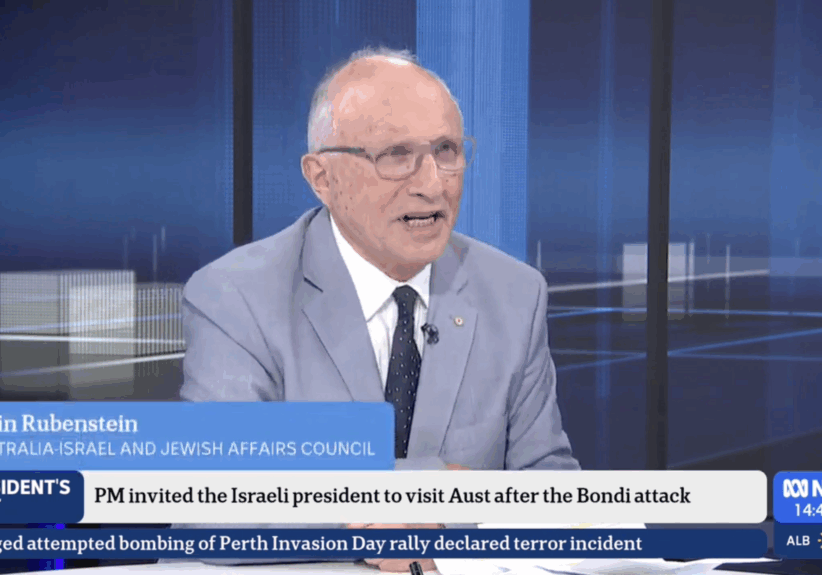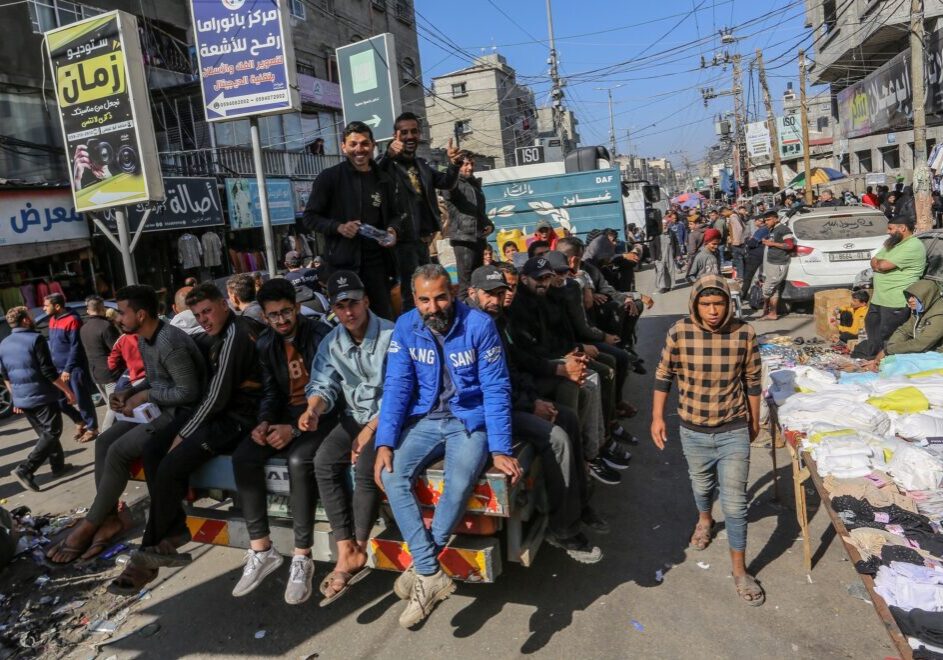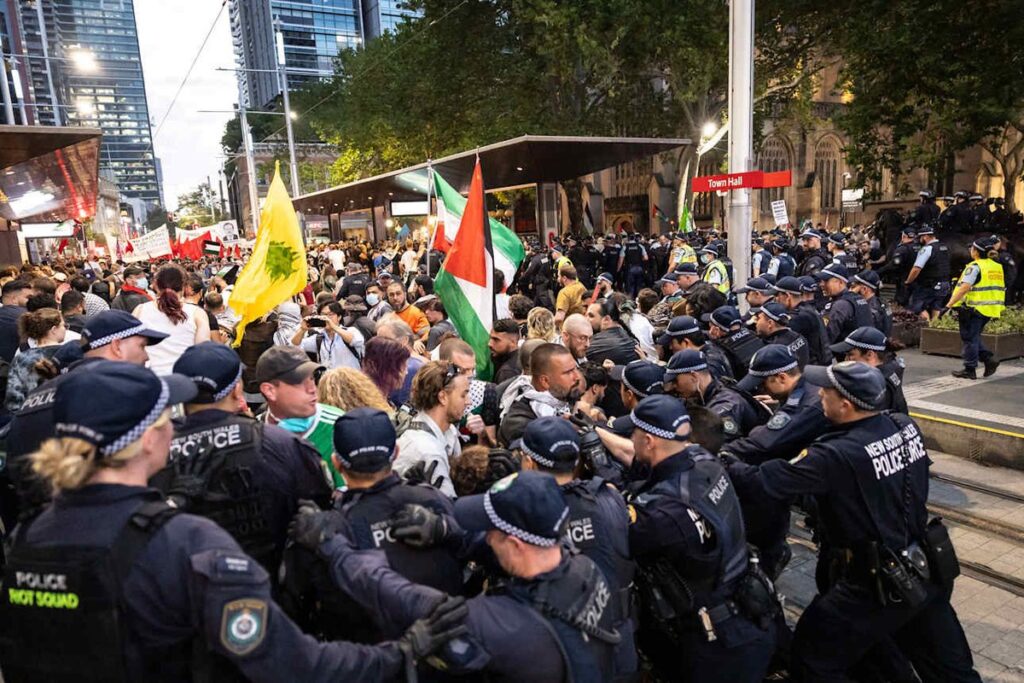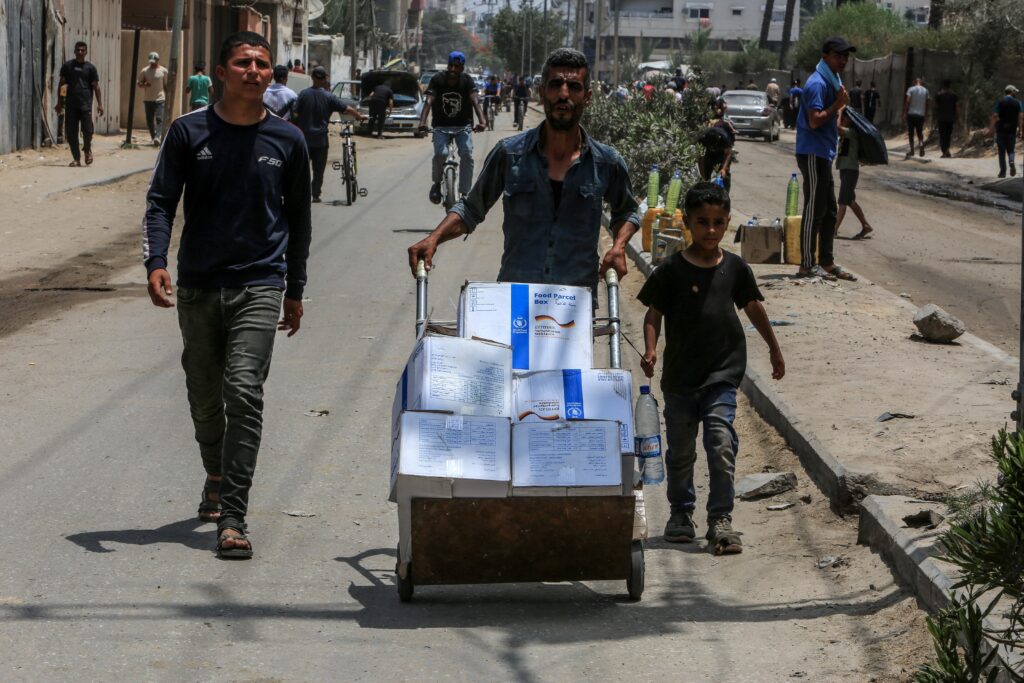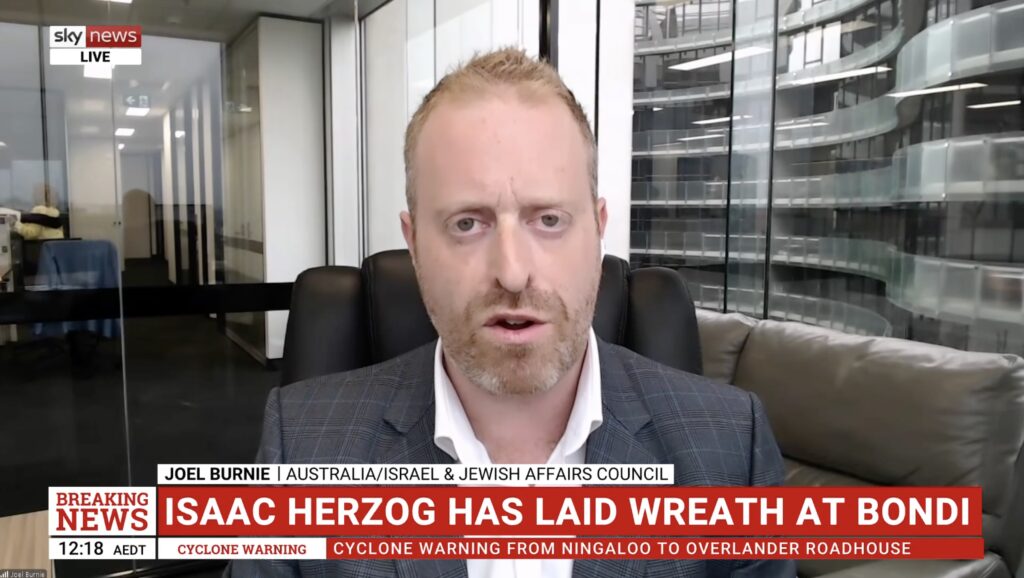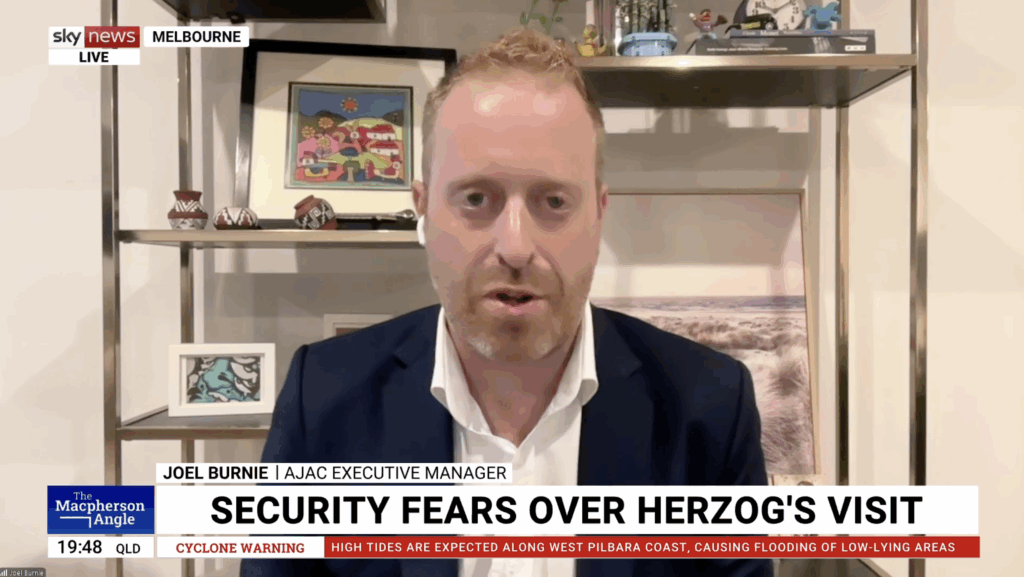FRESH AIR
UPDATES
Ayatollah Ahmad Jannati – the real face of the Iranian post-election regime
June 8, 2016 | Ari Wenig
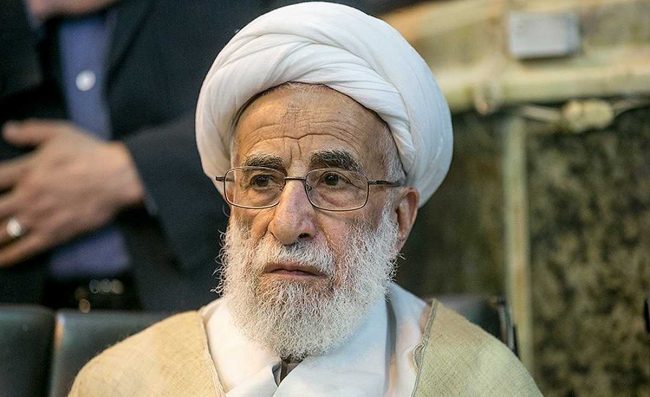
The results of the parliamentary election in Iran at the end of February have often been represented as a victory for the moderates, reformists, and other supporters of 2013-elected President Hassan Rouhani. And it is true that, according to unofficial election results, Rouhani’s allies look to have gained a plurality in the 290-seat parliament, holding the most sway since 2004 and therefore, in theory, apparently carrying the potential to challenge the influence of the hard-line conservatives, who suffered humiliating losses in the elections. (Never mind that many of the candidates now considered part of the reformist bloc were previously identified as hardliners and only were named as affiliated with the reformist bloc just before the election after most genuine reformists were prevented from running.)
However, as expert Iran-watchers Caitlin Shayda Pendleton of the AEI Iran Tracker and Mehdi Khalaji at the Washington Institute note, in reality, the law-making power of even a reformist-dominated Majlis, Iran’s Parliament, is not very important in itself – its supposed “democratic” processes are subservient to the checks of the Guardian Council, which has veto powers in law-making, the Assembly of Experts, the clerical body responsible for choosing the Supreme Leader, as well as the Supreme Leader himself. The former two powerful bodies remain dominated by the conservatives, and Supreme Leader Ayatollah Ali Khamenei has repeatedly made it clear in recent months he is opposed to any significant opening to the world – see here and here, for example.
This reality has been underlined by the recent appointment of extreme conservative, Ayatollah Ahmad Jannati, as Chairman of the Assembly of Experts for a two-year term, receiving an overwhelming majority of 51 votes from the 86 members at the meeting in April. Jannati was the most hard-line candidate of the three who ran for the position, competing against Hashemi Shahroudi, considered a moderate, though not directly associated with any specific faction, and Ebrahim Amini, who Khalaji describes as “a respected and generally soft-spoken conservative”.
Jannati has a somewhat notorious reputation for extreme rhetoric, specifically regarding Israel and the West. In 2002, he accused Qatar of “committing treason against all Muslims” for hosting a U.S Air Force base. A year later, he encouraged Iraqi citizens to “resort to martyrdom operations to expel the United States”, and more recently, in 2009, remarked during his Friday prayers that he wanted someone to shoot Tzipi Livni, the Foreign Minister of Israel at that time.
The 89-year old cleric has been immersed in the power and politics of Iran for decades, considered to have been a firm supporter of previous hard-line President Mahmoud Ahmadinejad, and already serves on the Guardian Council, whose roles include vetting election candidates for both the Assembly and the Parliament. Jannati’s appointment as chairman would therefore render it more than likely that he had an impact on his own appointment. Pendleton points out that “The Guardian Council disqualified many reformist and moderate candidates for the Assembly of Experts elections”, reinforced by the support and influence of current Supreme Leader Ali Khamenei, who, according to Khalaji, has “his associates communicate his preferences and concerns to the new ssembly members in advance of the vote”.
President Hassan Rouhani’s apparent victory in the parliamentary elections shows that a majority of the Iranian public prefers reform and a move toward moderation – but this does not change the fact that the Iranian system means they are very unlikely to get it. Rouhani’s agenda – to the extent it represents genuine moderation as opposed to projecting a more PR-friendly face on immoderate external and internal policies – will fall short against two major obstacles: firstly, that the reformist-moderate alliance on the “List of Hope” does not appear “unified behind Rouhani’s approach to governing” in the words of AEI expert Paul Bucala,; and secondly and more importantly, that the Iranian Majlis or parliament is strongly constrained by Iran’s three other hardliner-dominated institutions – the Guardian Council, the Assembly of Experts, and the Supreme Leader. The election of an ultra-hardliner like Jannati to head the Assembly means not only will that body continue to be hardline itself, but that it will almost certainly select a very hardline successor when the 76-year-old Supreme Leader Ali Khamenei dies or becomes incapacitated.
Ari Wenig
Tags: Iran
RELATED ARTICLES

Herzog visit an important expression of solidarity with our traumatised community: Joel Burnie on Sky News
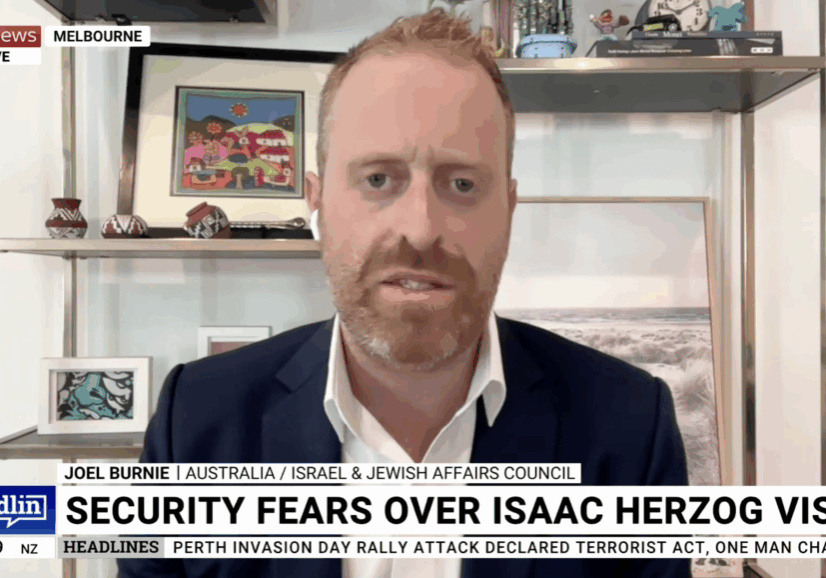
Security concerns over Herzog visit a terrible indictment: Joel Burnie on Sky News
